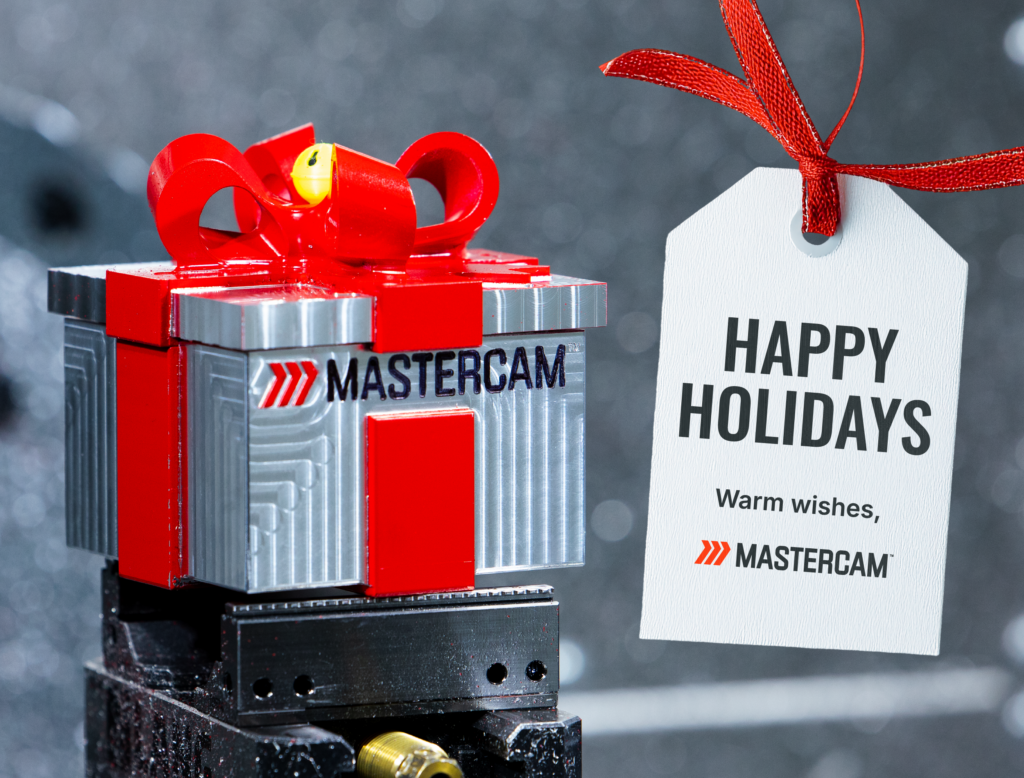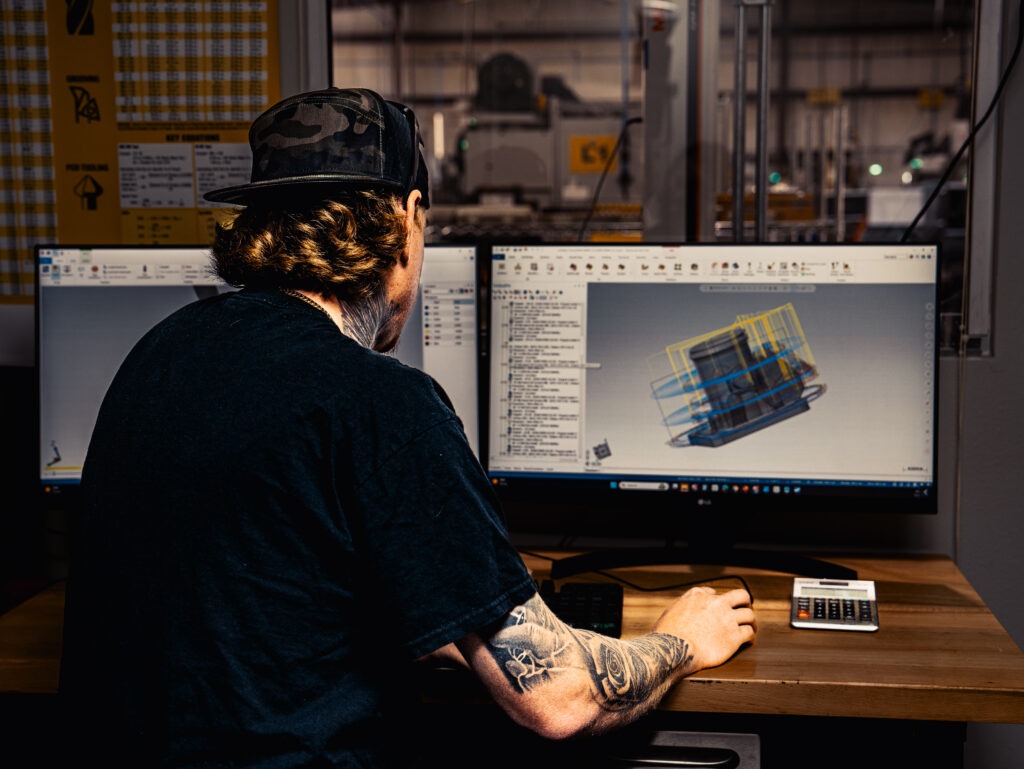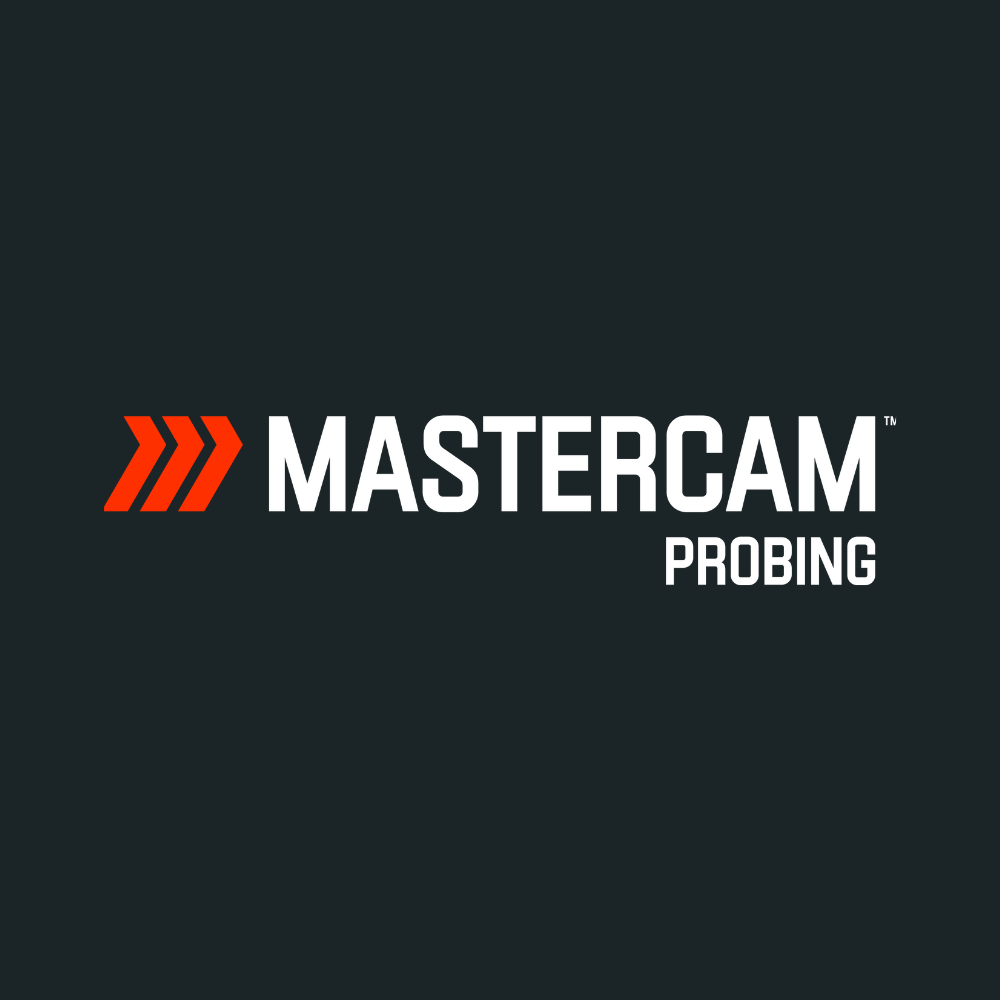Why Teacher Appreciation Week is Important
Teacher Appreciation Week, celebrated annually across the U.S., honors the incredible dedication of educators to their students and communities. Its roots date back to the 1950s, when teacher Mattye Whyte Woodridge advocated for a national day to recognize teachers. Since 1986, the National Education Association has officially recognized the first full week of May as a time to express gratitude to teachers nationwide.
Mastercam is proud to participate in this celebration by shining a spotlight on technical educators who often work behind the scenes to prepare students for careers in high-demand industries. This year, we’re honored to feature Gabriel Kooyers, an advanced manufacturing instructor at Van Buren Tech. Gabe’s passion for machining, programming, and mentoring students exemplifies the dedication that drives talent development in today’s evolving manufacturing landscape.
Mastercam’s involvement underscores a core belief: education is not only essential to individual success, but paramount to the survival and innovation of the manufacturing industry as a whole.
Meet Gabriel Kooyers
With over 22 years of experience in teaching and machining, Gabe Kooyers brings unmatched passion and expertise to the classroom. At Van Buren Tech, he teaches students the core skills of advanced manufacturing, from manual mill and lathe operations to CNC programming using Mastercam. His curriculum integrates industry-relevant tools like Haas, Hurco, and Levil Machines and a variety of resources, ensuring students graduate with hands-on experience.
Gabe’s influence reaches beyond the classroom. As a mentor for the FIRST Robotics F.I.R.S.T. robotics team, he inspires students to explore STEM fields and push the boundaries of their creativity. His students have gone on to win awards, scholarships, and most importantly, careers in industries where their skills are desperately needed.
Educators like Gabe are the critical link between emerging talent and the industry’s evolving needs. Their work ensures that students are not only job-ready ready but equipped to thrive in a future driven by automation, precision, and digital transformation.
Interview with Gabe
We sat down with Gabe to hear more about his journey, his perspective on education, and the future of manufacturing:
With over two decades of experience in machining and teaching, how have you seen the skills required for success in advanced manufacturing evolve, and how do you adapt your curriculum to ensure students are industry-ready?
Over the past two decades of teaching machining, I’ve witnessed a major shift in the skills needed for success in advanced manufacturing—driven largely by the rapid integration of new technologies. Unfortunately, in education, the wheels of change often turn slowly. But in this field, if you don’t embrace innovation and modern equipment, you’ll quickly fall behind. As machining instructors, we must strive to stay aligned with, or just a step behind, what industry is doing—not years behind.
This realization hit home when I began integrating the TITANS of CNC Academy into my program. My students now start directly with CAD/CAM and CNC machining, using software like Mastercam and cutting real parts from day one. Once they’ve gained confidence in these advanced tools, we loop back to teach manual machining skills. This approach ensures they get meaningful experience with the technology that’s driving the industry, while still building a strong foundation in the fundamentals.
Hands-on learning is a major part of your program. What strategies do you use to balance foundational theory with practical skills?
I take a hands-on-first approach in my program, with practical skills as the foundation. Rather than front-loading theory, I introduce it as it becomes relevant within the context of a project. This way, the project drives the learning, and students can immediately apply what they’re learning in a meaningful way. It keeps them engaged, ensures the theory sticks, and maximizes the time they spend actually working with tools and machines.
What do you believe are the biggest gaps in education or skills development for individuals pursuing manufacturing careers, and how can the industry address them?
One of the biggest gaps I see in manufacturing education is an overemphasis on theory and a lack of resources for instructors to truly teach at an industry level. In today’s world, students carry a supercomputer in their pocket—their smartphone—so memorizing facts just for the sake of it isn’t as essential as it once was. What matters most is application. Real learning happens through repetition and hands-on experience.
When students are challenged to machine complex, industry-level parts, they naturally absorb the theory through doing. They build both the technical skills and problem-solving mindset that employers are looking for. This kind of immersive, practical learning not only develops competence, but also instills the confidence students need to thrive in real-world manufacturing careers.
Industry collaboration is key to keeping education aligned with real-world needs. What advice would you give manufacturers who want to support and engage with technical education programs?
If manufacturers want schools to teach specific skills or use certain software—reach out! Most educators truly want to prepare students for the real world, but we can’t do it alone. Early in my career, I felt like I had to know everything just because I had the title of “teacher.” I struggled with imposter syndrome, especially when I knew industry professionals could run circles around me in certain areas. But everything changed when I let go of that mindset and started asking for help. I reached out to local businesses, industry experts, online resources and other educators—and it made all the difference.
My advice to employers is this: when a teacher reaches out, embrace it. Support them. Mentor them. Many of us are doing the best we can with limited resources while trying to train the next generation of your workforce. Criticizing local programs doesn’t move the needle—but offering time, tools, training, or even just encouragement can. When you help lift up a teacher, you’re directly investing in the quality of your future employees.
Join Us in Celebrating Teacher Appreciation Week 2025!
Gabe Kooyers exemplifies the dedication, expertise, and mentorship that define the best in manufacturing education. As we celebrate Teacher Appreciation Week, we invite the entire Mastercam community to recognize and support the educators powering the future of our industry.
Let’s continue to build strong bridges between education and industry, ensuring students are not only ready for the workforce but inspired by it.
For ways to celebrate Teacher Appreciation Week, check out We Are Teachers’ 2025 Celebration Ideas here.


